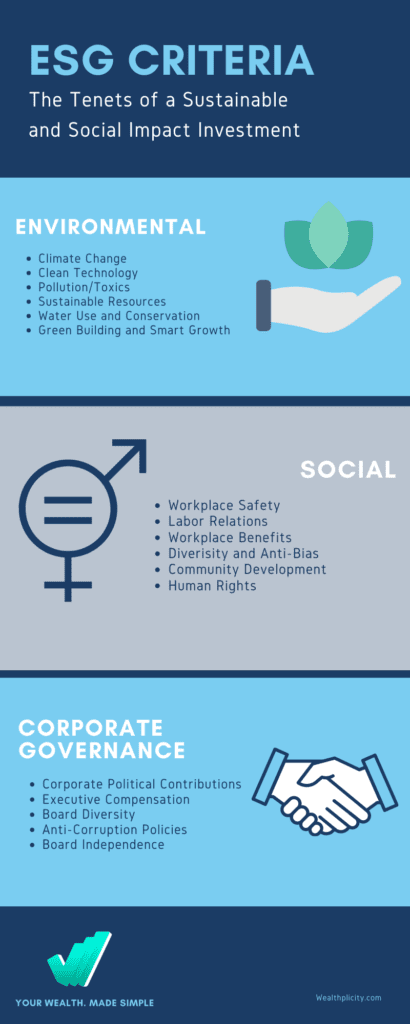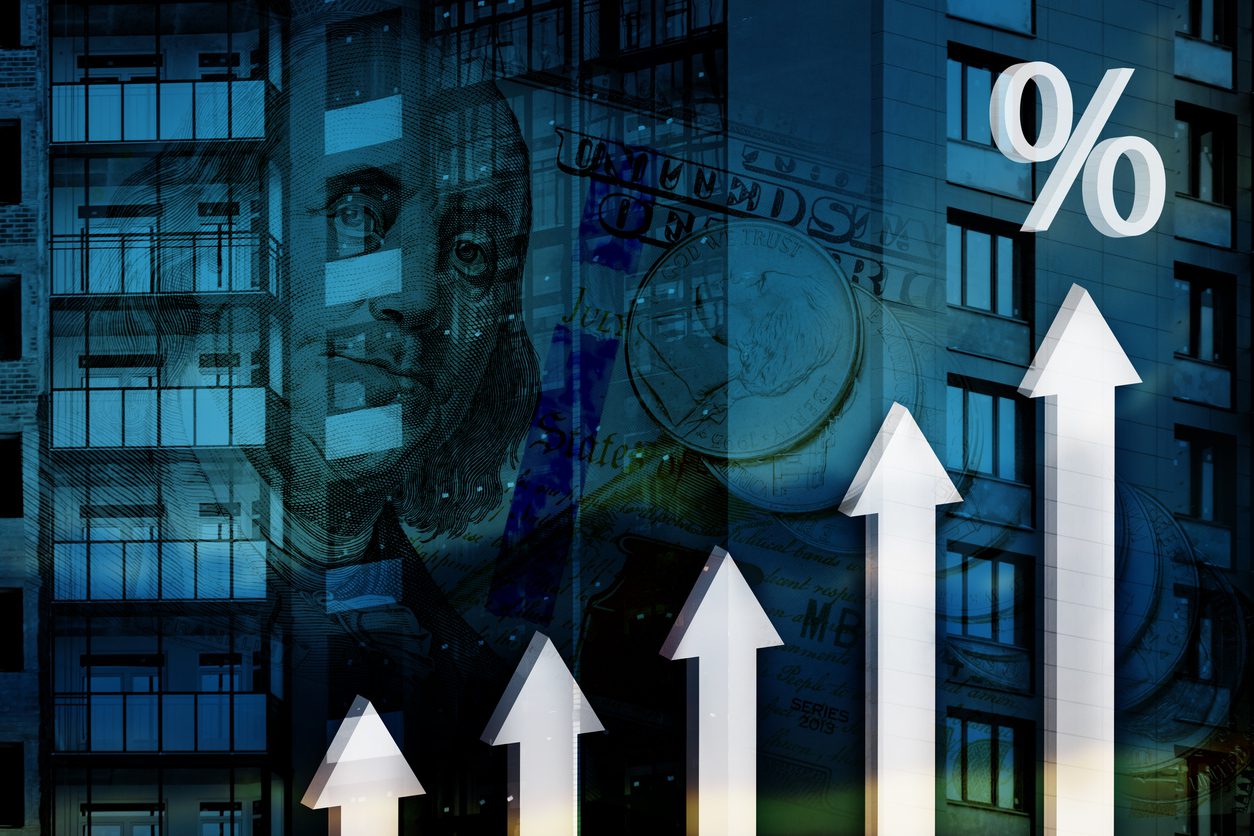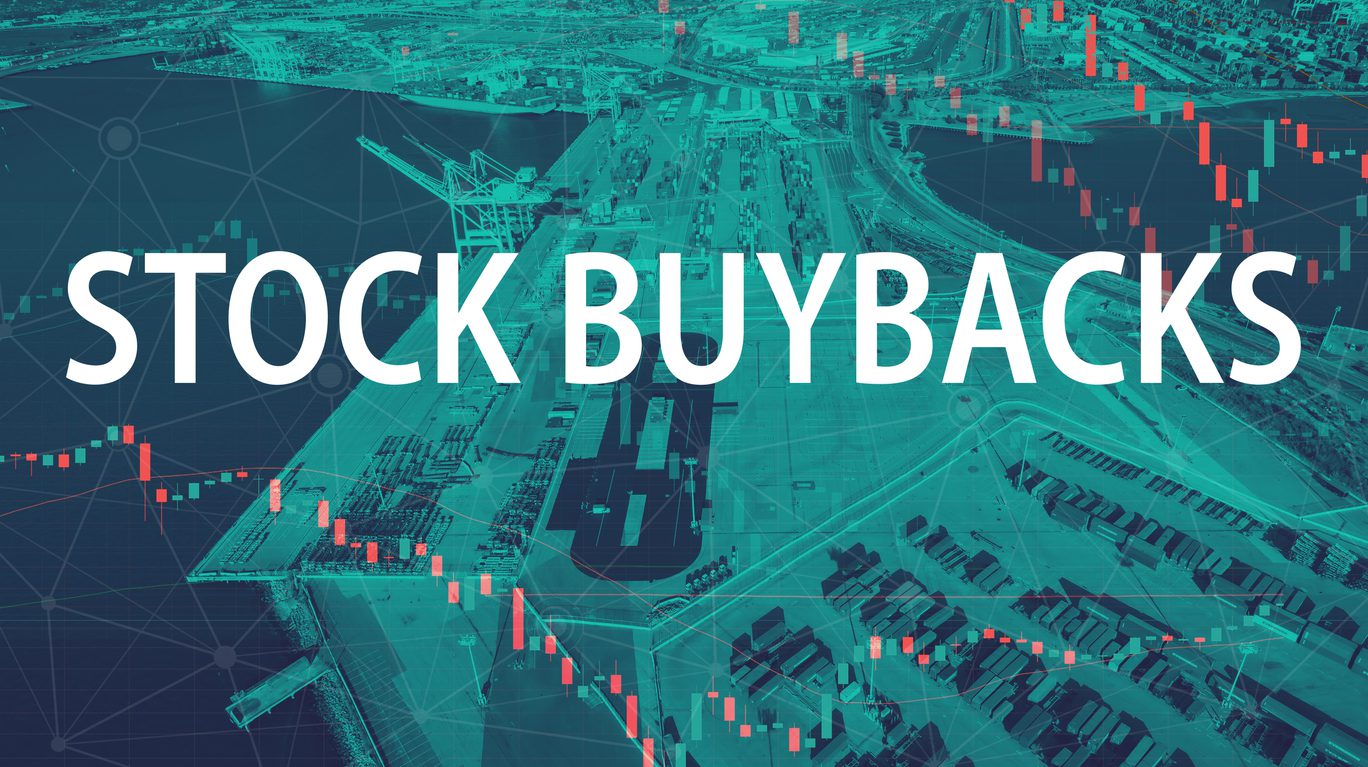What is ESG and Impact Investing
ESG and Impact investing is a strategy where an investor purchases stock in a company both for the purposes of financial return and the intent of bringing positive social, environmental, and ethical change.
ESG and Impact investing is not some fad or trend that plans to fizzle out over the coming months. It’s a method of investing in the future; both yours and our society.
You are not going to find a lot of politics on Wealthplicity. This site is not an op-ed board. It’s a place where investors, new and old, can come to map out their financial goals and learn, in simple terms, what it takes to achieve them.
However, political, social and environmental events have a direct impact on investing trends. So, when as the economic world and social progress become inexplicably intertwined, opportunities arise in the stock market. One of those opportunities that is becoming increasingly popular is ESG and Impact Investing.
Several years ago, The Forum for Sustainable and Responsible Investment created ESG Criteria that identified three key areas of Impact Investing that helped categorize the areas of impact ESG could have.
ESG Criteria
Esg refers to three core tenets of the sustainable and social impact of an investment in a company; Environmental, Social and Corroborate Governance.
Here is a helpful guide to ESG Criteria:

Both start-ups and Fortune 500 companies are rapidly adopting new socially responsible initiatives that make them more efficient and attractive to a younger workforce who are more socially conscious than the generations before them.
You can be a Responsible Investor and Make Money
For decades, Wall Street and Traditional Financial institutions have been stuck in their ways. It hasn’t been until very recently that Wall Street has been forced to contend with the rapidly evolving landscape of the 21st century, including new asset classes (Cryptocurrencies), new commodities (marijuana) and new trends like ESG and Impact Investing.
In many circles, ESG and Impact investing is considered a fad. However, those who reject this as a serious transformation will be left behind. As it is with cryptocurrency and marijuana, ESG Investing is at its infancy which means there is a lot of opportunity for investors to get in at the ground floor and make a lot of return on their investment.
ESG and Impact Investing in Action
Let’s take a look at scenario where Socially Responsible Investing could have the potential to make a serious return.
There is a lake in Chennai, India that is the primary water source for a city of over 5 million people. In June of 2018, this lake was full of water. In the next year, very little rain fell, scorching temperatures soared, and the area was hit with a late monsoon season.
The impact was dramatic and left the city of Chennai almost completely out of water.
Unfortunately, this is just one example of a potential water crisis on the horizon. According to the World Health Organization, half of the world will be living in areas where water isn’t easily accessible by 2025.
While this is incredibly alarming and sad, there is an upside. The world benefits from revolutionary thinkers and a time where technology evolves at light speed.
New water harvesting techniques are being created that could potentially solve the water crisis. One such solution uses fog harps that literally zap the air and charge water droplets and make them move to the harp that captures the water and drops it into a reservoir. This water harvesting technique created by start-up called Infinite Cooling.
Now, Infinite Cooling isn’t currently taking public funding, but this is an example of where Socially Responsible Investing could potentially create massive returns over a period of 5-10 years.
ESG and Impact investing isn’t just a new fad by bleeding-heart liberals, it is critical movement of progress that could end up saving the environment and millions of lives. So, as an investor, if you could help that progress move forward and be a part of the solution? Win-win.
Is there an Argument Against ESG and Impact Investing?
I’m sure someone somewhere is making an argument against unicorns and puppies, so yes, there can be arguments made against ESG and Impact. However, the argument is less so against the practice of ESG investing and more so to the potential drawbacks in investing in it.
For instance, an investor can become too enamored in ESG investing and overload their portfolio. As it is with any investment strategy or portfolio, diversification is key. Your investments in ESG Companies should just be a percentage of your portfolio.
Make sure performance is your priority. You can feel great about investing in an ESG Company but if that company becomes bankrupt in five years and your investment is worthless, then you will have a lose-lose situation on your hands.
Make sure you are looking at more than just the ESG marketing claims and not investing in an ESG Company for the sake of good ethics. Does this company have a product with solid market demand? Do they have good fundamentals? Does the company have good leadership? These are all questions you should ask yourself before you decide to invest in a Socially Responsible Company or really any company for that matter.
Top ESG Funds
There are close to 300 ESG funds on the market today If you don’t know where to start, we ranked some of the top performing funds over the past 5 years to help you on your ethical investing journey. These funds were selected from Barron’s as having the most sustainable portfolios.
| Mutual Fund | 1 Year Return | 5 Year Avg Return |
| Vanguard Mega Cap 300 Growth ETF (MGK) | 39.39% | 21.06% |
| Polen Growth Institutional (POLIX) | 38.41% | 20.66% |
| Vanguard Growth Index (VIRGX) | 45.17% | 19.54% |
| IVY Large Cap Growth (WLGAX) | 36.76% | 19.26% |
| MFS Growth (MEGBX) | 34.90% | 19.20% |
| MFS Massachusetts | 23.52% | 17.34% |
| Calvert Equity A (CSIEX) | 21.31% | 17.12% |
| YCG Enhanced (YCGEX) | 14.61% | 14.46% |
| Matthew 25 (MXXVX) | 15% | 12.12% |
| Eaton Vance Atlanta Capital (ESEIX) | 6.55% | 12.97% |




